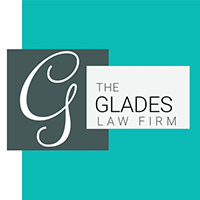Purdy Misdemeanor Lawyer, Missouri
Not enough matches for Purdy Misdemeanor lawyer.
Below are all Purdy Criminal lawyers.
Phillip Alan Glades
✓ VERIFIEDAccident & Injury, Divorce & Family Law, Criminal
Our experienced legal staff is dedicated to helping you with the following legal matters: Family Law Criminal Defense Personal Injury
Dan Romine
✓ VERIFIEDTraffic, DUI-DWI, Criminal, Misdemeanor, Felony
Dan Romine is an attorney in Springfield, Missouri. His practice focuses on traffic tickets, DWIs, and general criminal defense. Mr. Romine is current... (more)
Scott Gregory Taylor
✓ VERIFIEDDivorce & Family Law, Workers' Compensation, Personal Injury, Criminal
Scott G. Taylor graduated from St. Louis University School of Law in 1993 and was admitted to the Missouri Bar that same year. Scott previously attend... (more)
Jeffrey C. Goodnight
Adoption, Alimony & Spousal Support, Animal Bite, Criminal
Status: In Good Standing
Stuart P. Huffman
Litigation, Estate Planning, Family Law, Criminal, Insurance
Status: In Good Standing
FREE CONSULTATION
CONTACT



